Ask anyone in Class 2i to tell you what a fruit is, and almost to a man they will say that a fruit is the part of a plant that contains the seeds. So oranges and lemons.....
and pears and apples are all fruits. So are raspberries and blackberries.....
and papayas (they have hundreds of seeds!)
But then so are tomatoes and pumpkins.....
and cucumbers (even though we usually eat them in the same way as we do vegetables).
Anyway, we had been wondering about apples.....
and how many seeds they had; so what better (and more healthy) way to find out by poking out the seeds from an apple core and counting them.
A few decisive slices later.....
we had a dozen cores waiting to be investigated.
We wheedled out the seeds.....
and counted carefully.
How many seeds did this apples have?
Next we made a graph to show the results; so that we could find out, for example, whether all apples have the same number of seeds.
We gave each apple a number from one to twelve and then recorded each seed in that apple with a red blob on the line.
Look carefully at our graph.
We found two apples that had three seeds. There was one apple that had six seeds. What was the largest number of seeds that we found in an apple? What other things can you say about our apples by looking at our graph? What other questions could you ask?
One question we asked ourselves was, 'How many seeds did we find in all?' Our answers ranged somewhat broadly, although three people got it spot on. Why not check for yourself by counting all the red blobs? What could you do to make sure you don't lose track while you are counting?
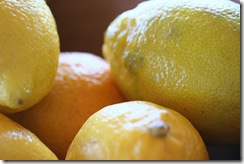

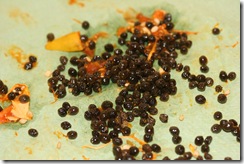
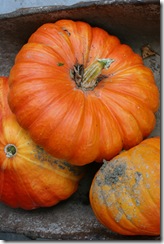
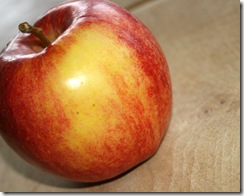
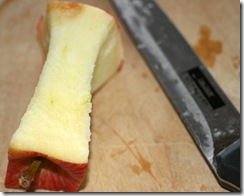
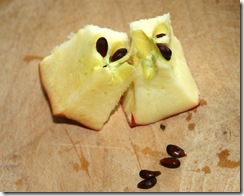
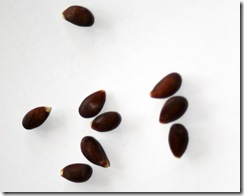
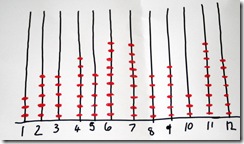




No comments:
Post a Comment